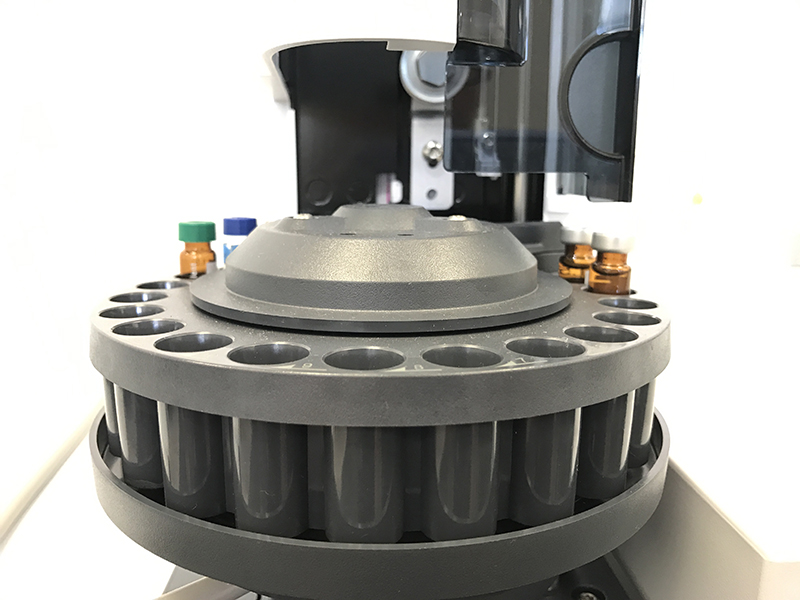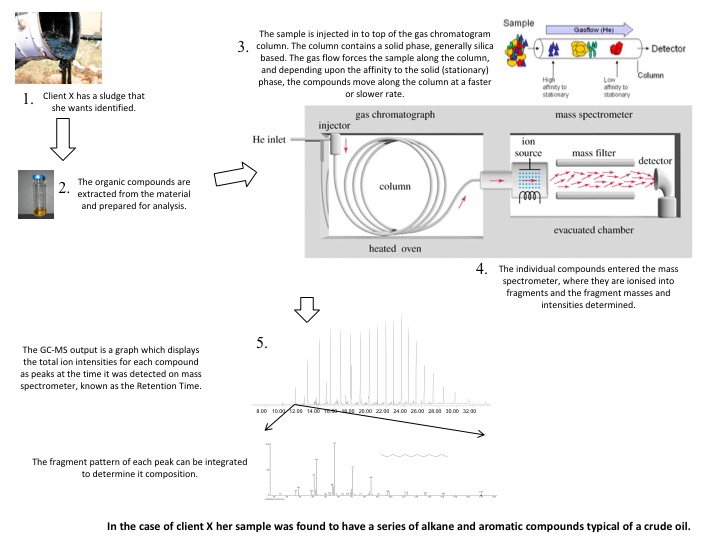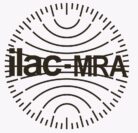
Microanalysis has recently acquired an Agilent 7890 GC-MS (Gas Chromatogram – Mass Spectrometer) for its new premises at East Perth.
The GC-MS will expand Microanalysis Australia’s capabilities in the areas of material identification and characterisation further into the organic sphere, specifically in the areas environmental analysis, polymer characterisation geochemical and industrial chemistry analysis.
This will complement our existing strengths in the areas of mineral and inorganic identification using scanning electron microscopy, light microscopy and x-ray diffractometry.
A GC-MS is composed of three basics building blocks:
- A means of introducing the sample via an injection port.
- The separation of mixtures of compounds by partitioning them between a gas phase (typically helium) and an activated solid phase attached to a silica capillary column. The difference in the chemical properties between different molecules in a mixture and their relative affinity for the stationary phase of the column will promote separation of the molecules as the sample travels the length of the column. The molecules are retained by the column and then elute (come off) from the column at different times (called the retention time).
- As the helium gas phase containing the molecules passes through the mass spectrometer, they are ionised into fragments and detected based on their mass charge ratio. The fragment pattern can be matched to an internal library to provide the absolute identification of a compound.
The true power of the GC-MS is when the information of the retention time and mass fragment patterns are combined to allow the identification of compounds in extremely complex samples such as crude oils, as well as enabling the detection of pesticides, PCB and PAHs down to ppb or even ppt levels.
The diagram below provides a summary of how a typical sample would be analysed on this system.
MAA is planning to develop its investigative and analytical base over the coming months to provide clients with specialised services in the areas of organic analysis.







